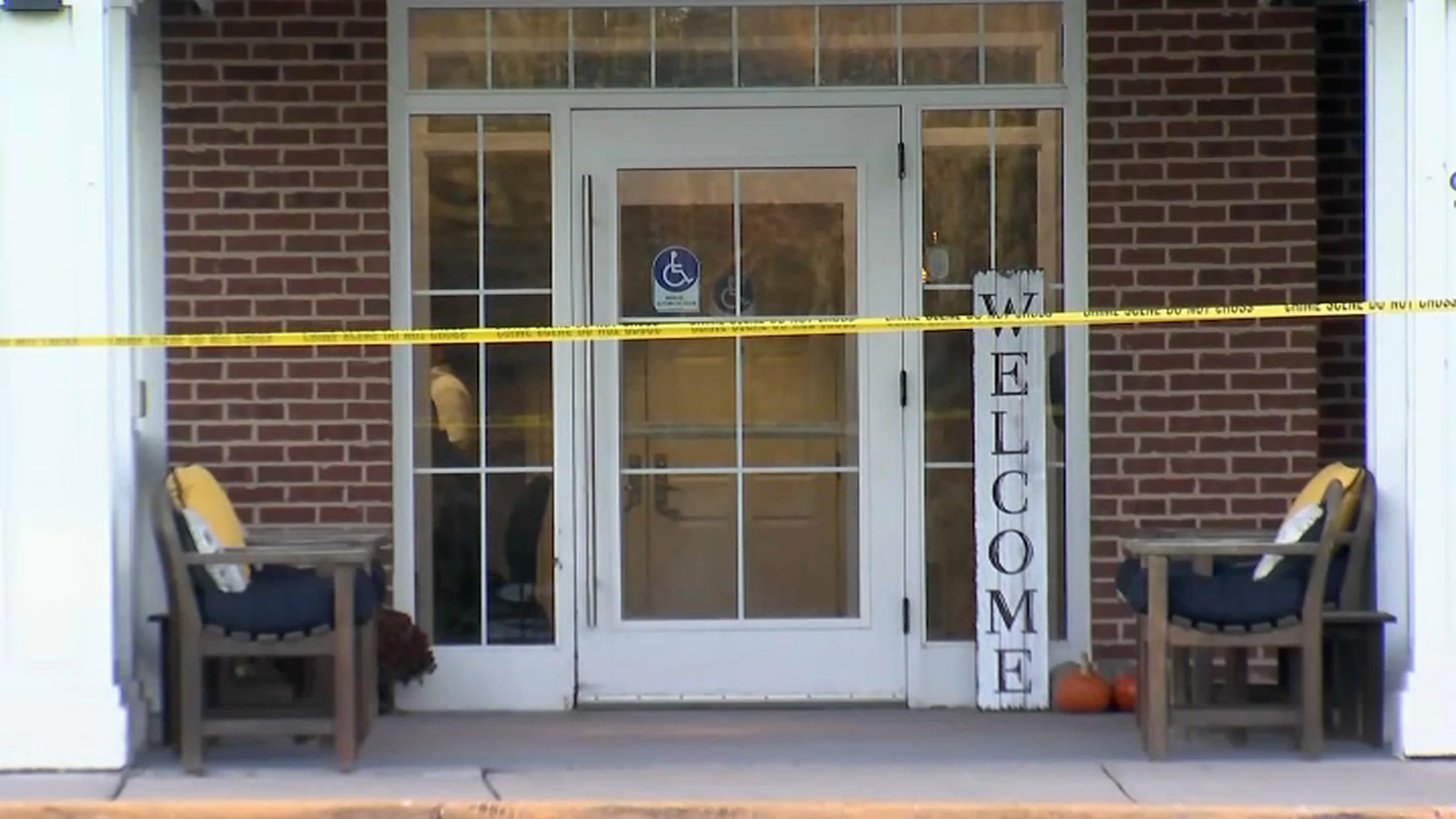
Just moments after being sworn in as Cook County's new state's attorney, Eileen O'Neill Burke announced a change to the county's policy involving the controversial SAFE-T Act.
O'Neill Burke announced that prosecutors must now seek pre-trial detention for anyone accused of certain crimes, particularly violent offenses, domestic violence cases and sex offenses or crimes against children.
"Under the SAFE-T Act, the state must file a petition to detain an offender before the court can consider it. A judge can no longer hold someone pretrial absent a prosecutor requesting it," O'Neill Burke said in a release.
Because of that, O'Neill Burke said beginning immediately Monday, the Cook County State's Attorney's office will seek detention for anyone accused of the following:
- every detainable felony offense where an offender used or possessed a firearm equipped with an extended magazine, drum magazine, automatic switch, or used a ghost gun or defaced firearm;
- any domestic violence-related, stalking or sex offense where the offender used or possessed a weapon;
- any detainable felony offense that is committed on public transportation;
- all Murder or Class X felony offenses (e.g., First-Degree Murder, Aggravated Arson, Aggravated Battery of a Child, Aggravated Kidnapping, Aggravated Vehicular Hijacking, Armed Robbery, Home Invasion, Solicitation of Murder)
- all sex offenses where the victim was under the age of 13 and the offender was an adult throughout the duration of the offense or when the offense was committed during the commission of another felony; and
- all cases involving the manufacture, dissemination, or possession of child pornography
Feeling out of the loop? We'll catch you up on the Chicago news you need to know. Sign up for the weekly Chicago Catch-Up newsletter.
“Together we are going to build a safer, stronger Cook County and that starts on day one,” O’Neill Burke said in a statement. “Let me be clear: weapons of war, violence against the vulnerable, and rampant harm to our communities will not be tolerated. The SAFE-T Act is a seminal piece of legislation that instills more fairness into our system while also requiring that prosecutors use every tool at their disposal to give victims a voice and keep Cook County safe. I am honored to serve as the new State’s Attorney and excited to get to work.”
Local
The move was praised by Chicago Police Supt. Larry Snelling, who said the plan "will help keep people safer in every neighborhood."
“As a police officer and Superintendent, I know too well the danger that assault weapons, illegal guns, and switches pose to the safety of our communities and the officers who serve them every single day,” Snelling said.
Illinois became the first state in the nation to eliminate cash bail with the SAFE-T Act, despite much debate among legislators and legal challenges that concluded with a ruling from the Illinois Supreme Court.
Under the bill, the state instead allows judges to determine whether individuals accused of a specific set of felonies and violent misdemeanors pose a risk to another individual, or to the community at large. Judges are also be asked to determine whether the defendant poses a flight risk if released. If the judge makes any of those determinations, then the defendant may be held in jail prior to trial.
The list of so-called “forcible felonies” that could invite judicial discretion on pretrial detention includes:
- first and second-degree murder
- predatory criminal sexual assault
- robbery
- burglary
- residential burglary
- aggravated arson
- arson
- kidnapping
- aggravated battery resulting in great bodily harm
- Hate crimes
- attempts of crimes that are detainable
- animal torture and DUI causing great bodily harm
- any other felony that involves the use or threat of physical force or violence against an individual
According to the Cook County Public Defender's office, those accused of "more significant offenses," will appear in court within 48 hours for their initial appearance.
"If the prosecutor petitions for pretrial detention, the court will hold a detention hearing within 24-48 hours. If, at the Detention Hearing, the prosecutor will present evidence that the accused person is a potential threat to community safety or a flight risk," the office said in a release. "The defense attorney can contest this evidence. Based on the evidence presented at the detention hearing, the judge will decide whether to order the accused person detained or released pending the outcome of their case. The judge may order conditions of pretrial release, such as electronic monitoring or curfew. If a person is denied release at the initial hearing, they will have future hearings to contest whether they must continue to be jailed pending trial."
Detention hearings are not mandatory for crimes that include probation as a possible punishment, but judges can still make the determination to keep those defendants incarcerated pending trial if they determine they are a risk to the public.
Supporters of the law said the elimination of cash bail was a step toward fairness in an unbalanced system, while opponents contended the law will neglect crime victims.



